One of the things we learn early on about description is not to “info dump.” In other words, don’t bore your readers to tears with pages of detailed description of the world of your novel. Drop it in slowly, as needed. But something we writers learn as we get further into the process is that every word in a novel should be multi-tasking.
Description is no exception, as we discussed in one of Kathryn Craft’s workshops. What your characters notice and how they interpret what they see says a lot about who they are and their state of mind. Description should add to the atmosphere and the emotion of the scene—and it can be a great way to show your character’s emotion without telling and without being cliché. For example, a character overhearing another character laughing can interpret that laughter as jovial or as somehow derisively directed at him, depending on if the character is happy or embarrassed.
But how do you choose which descriptive details to include in order to convey emotion? Very simply, you put yourself in your POV character’s head. What would your protagonist be most likely to notice about a scene in his situation, and what would be his emotional reaction to it?
It sounds simple, doesn’t it? Just get inside your character’s head. It’s a lot harder than it sounds, at least for some of us. J. Thomas Ross did a wonderful post on Author As Actor that describes the process and problems of getting into character—or not.
I always think I’m inside my character’s head, but my crit partners constantly find tiny mistakes that show that I am not inside my character enough. This is likely one reason why my description tends to do only one thing—describe. That is not enough. Description, like every other facet of the story, must support the plot/conflict/tension of the book.
In conclusion: 1) It takes a surprisingly small amount of description to give a reader a good idea of the scene. 2) The reader will assume that anything you take time to describe is important to the story. 3) Anything you describe should be important or necessary to the protagonist. 4) How the protagonist interprets what he notices should reflect their current emotional state.
I’m going to work further on using description to effectively convey emotion. I know that it will bring a new level of depth and professionalism to my writing, and I am eager to get practicing!
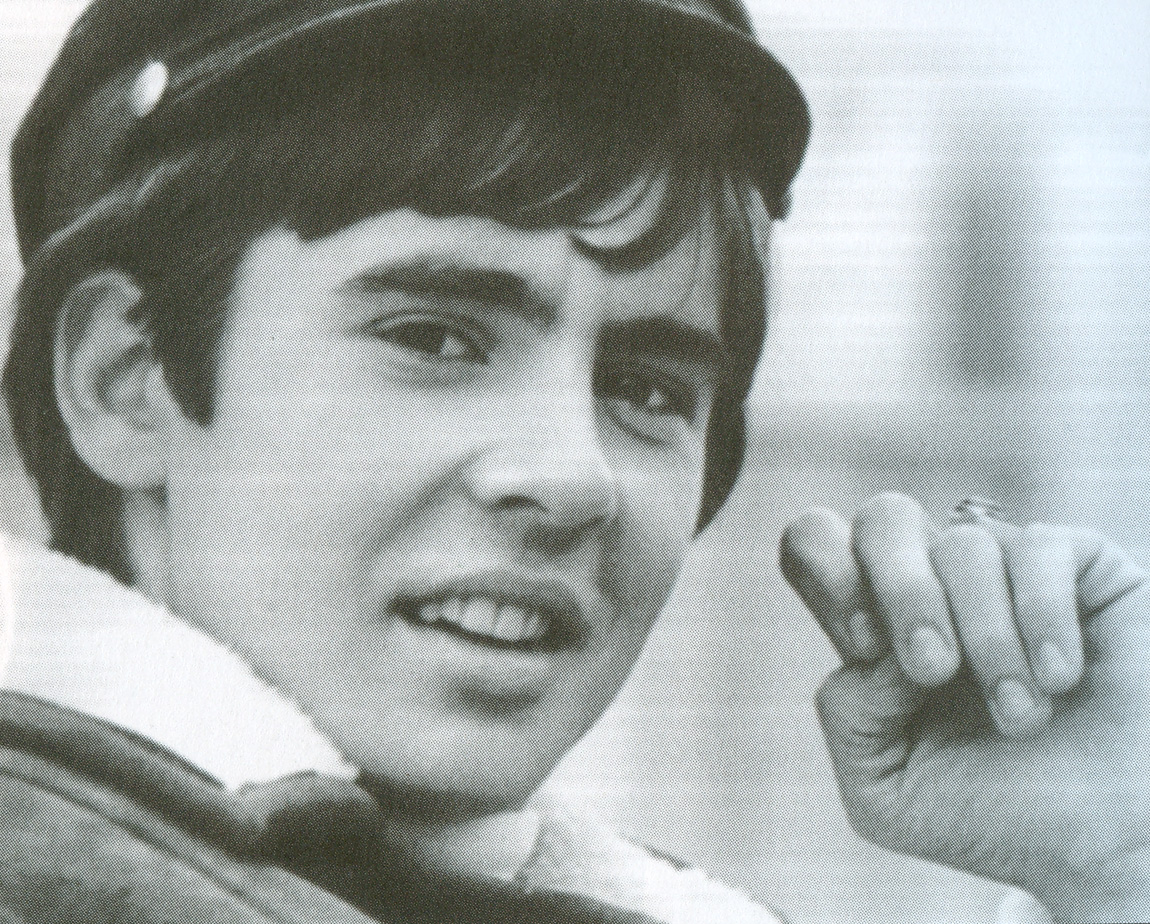
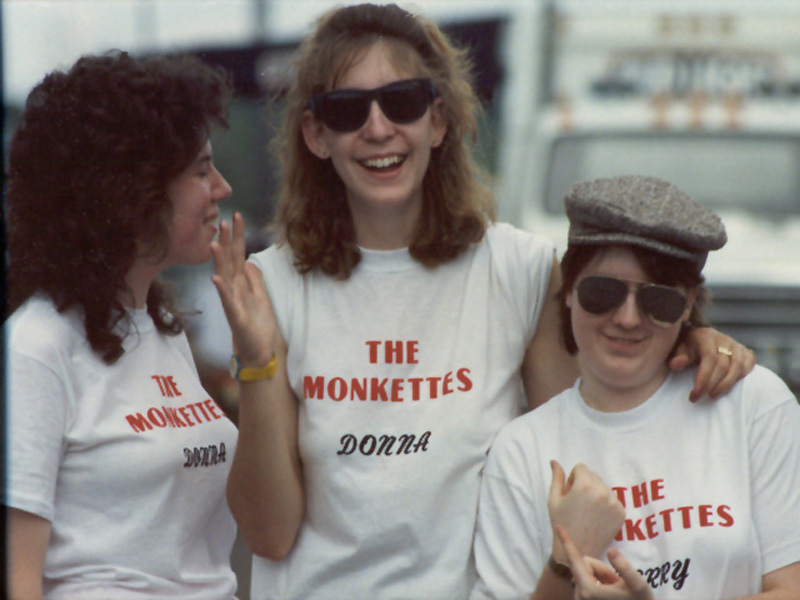
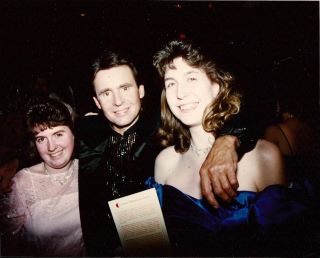
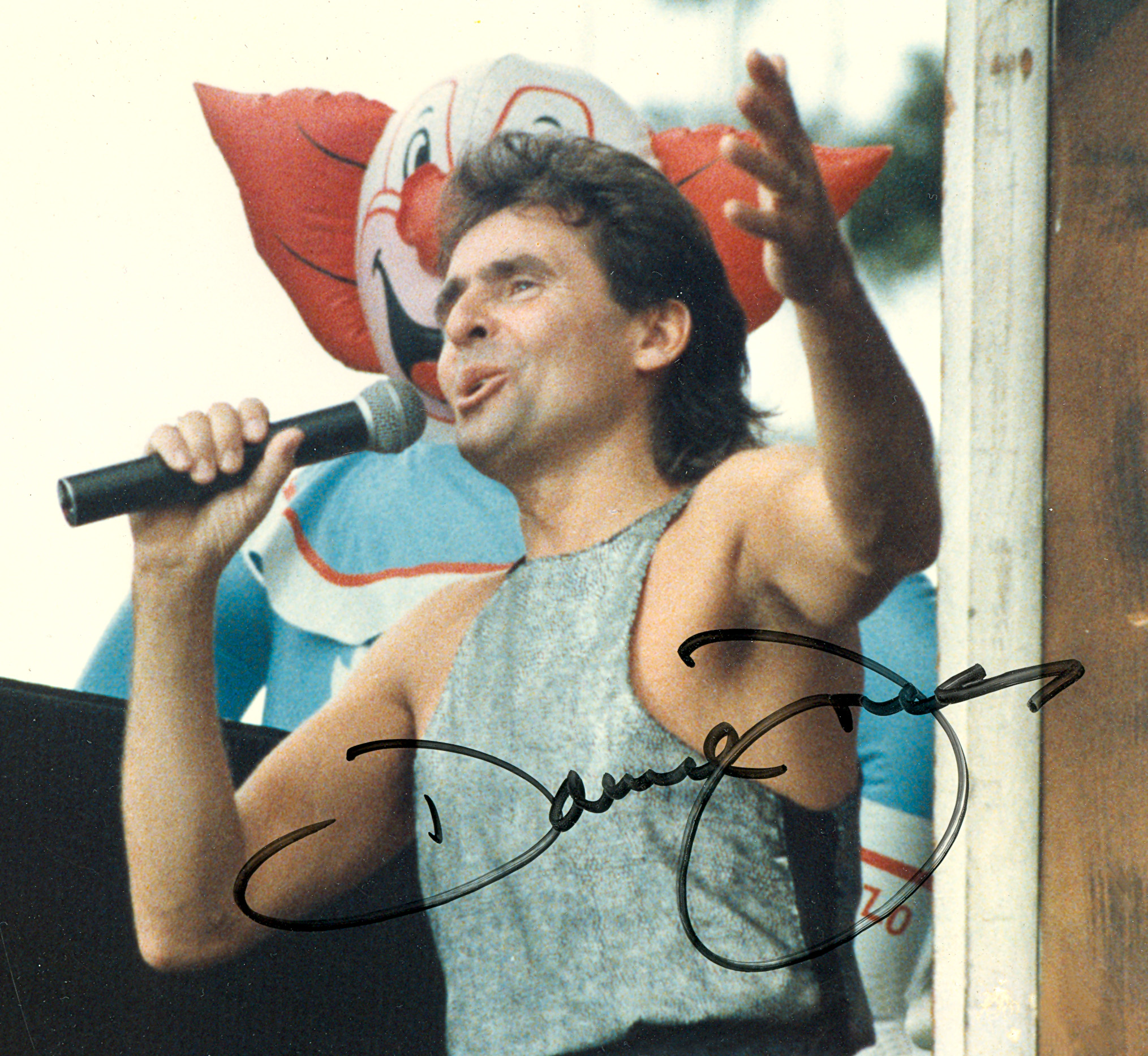
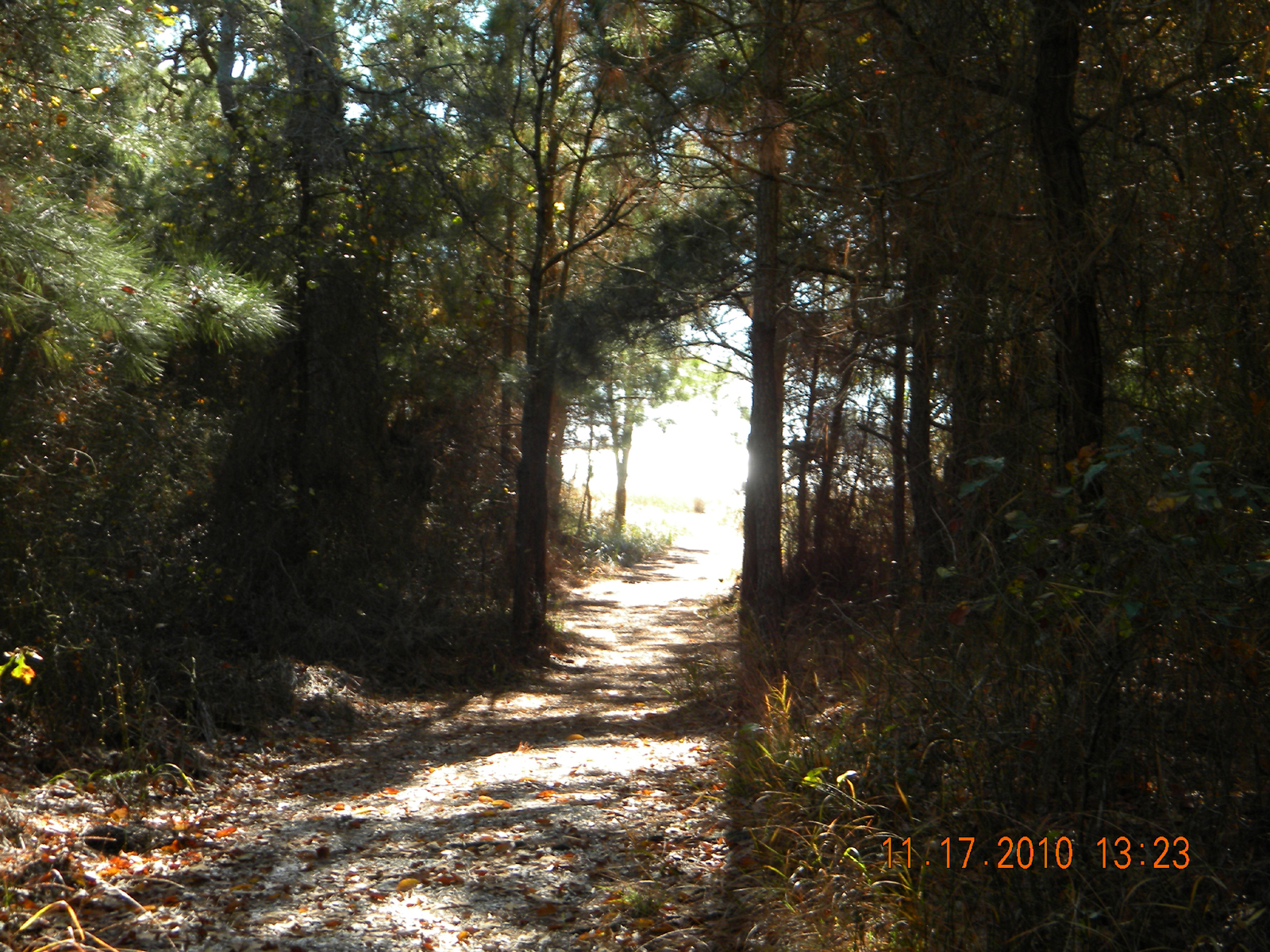
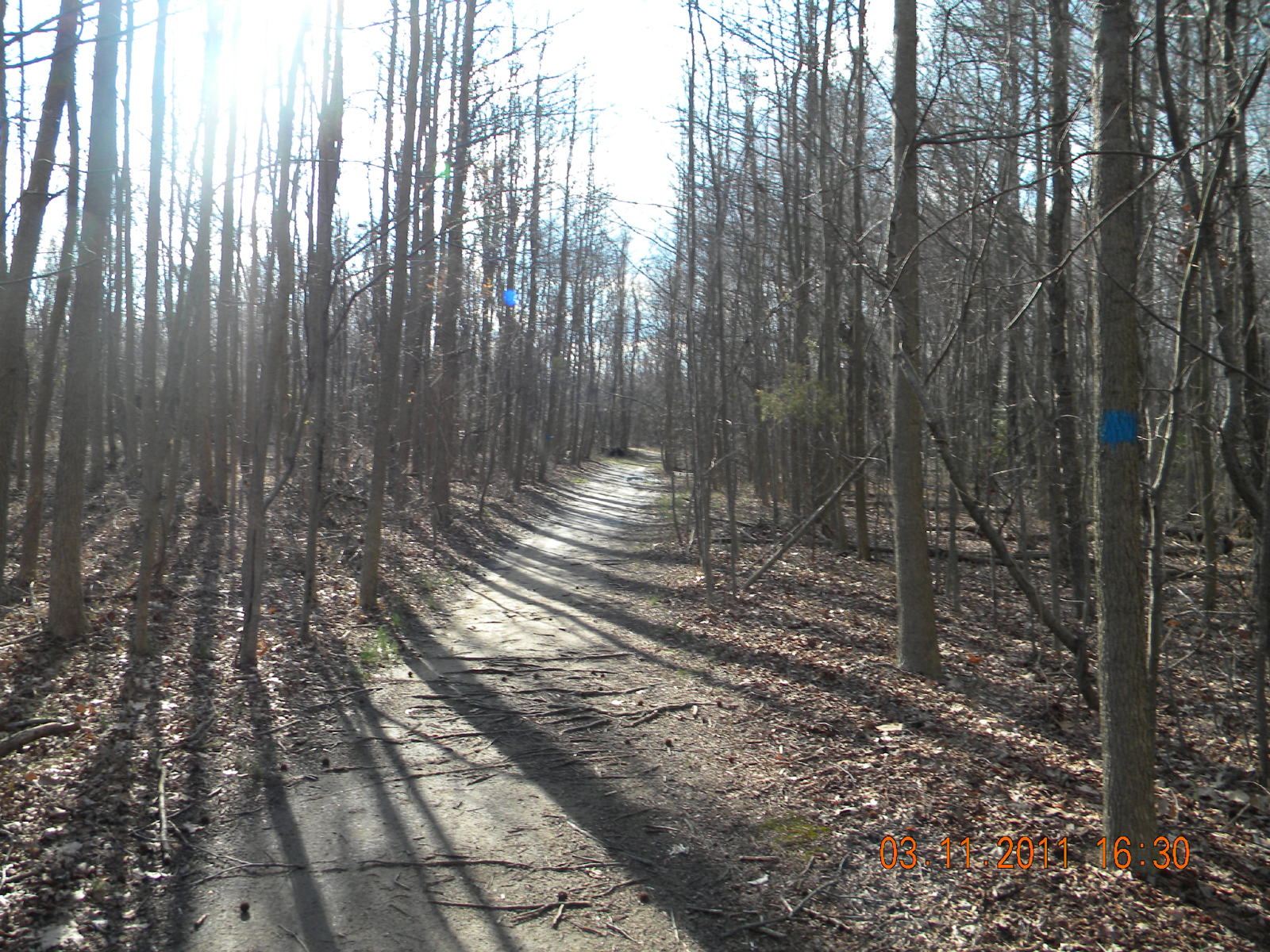

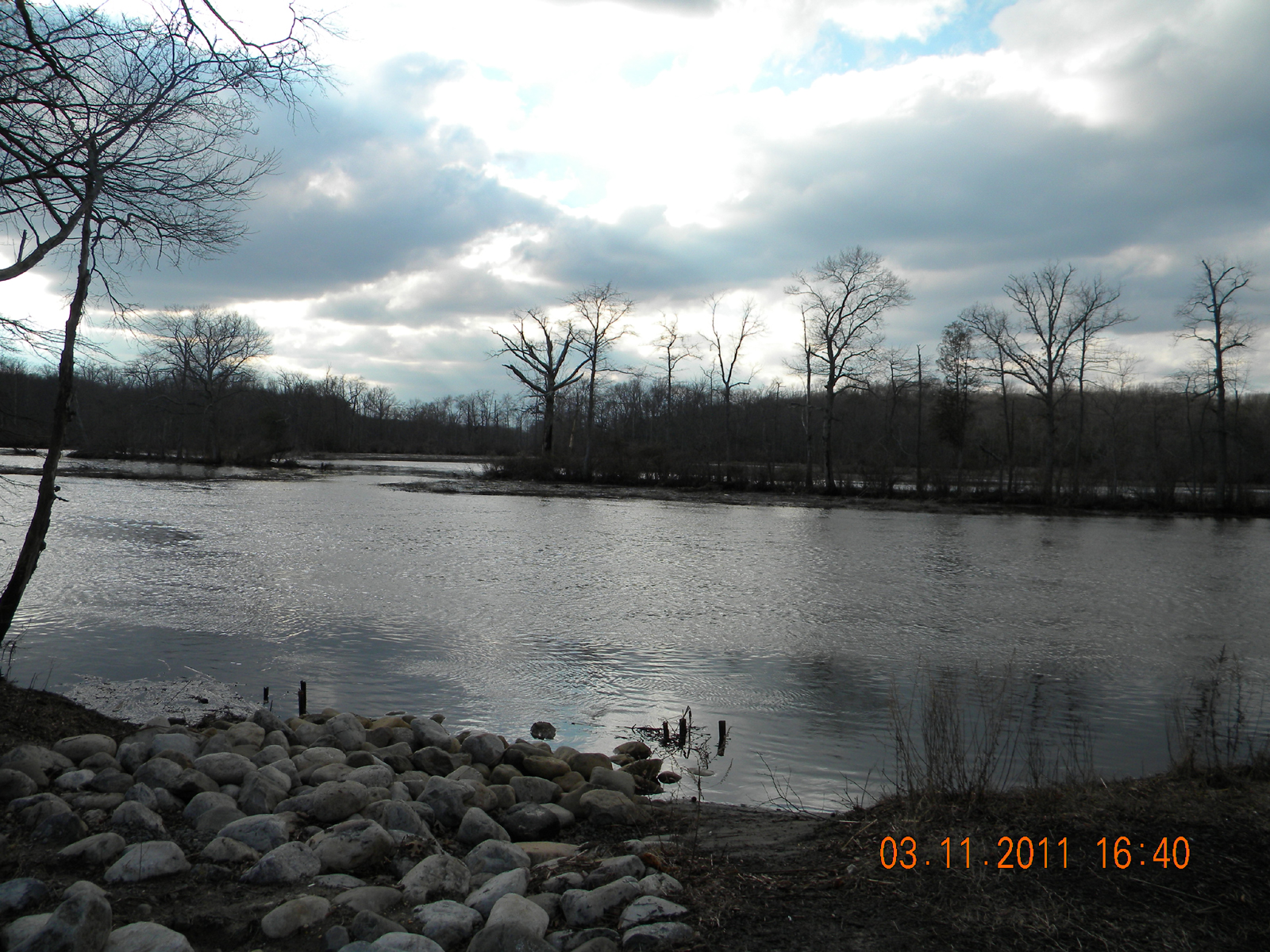
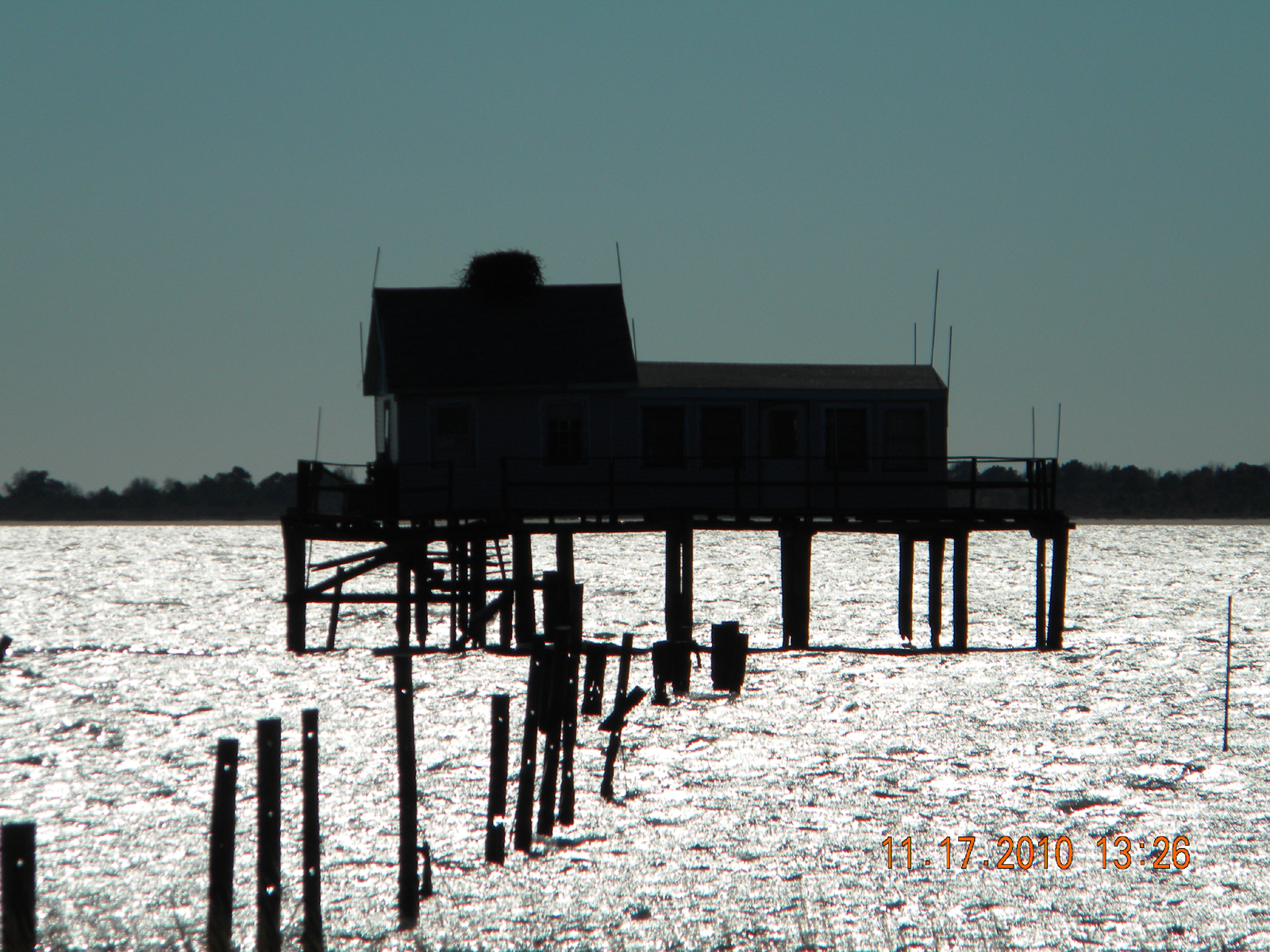
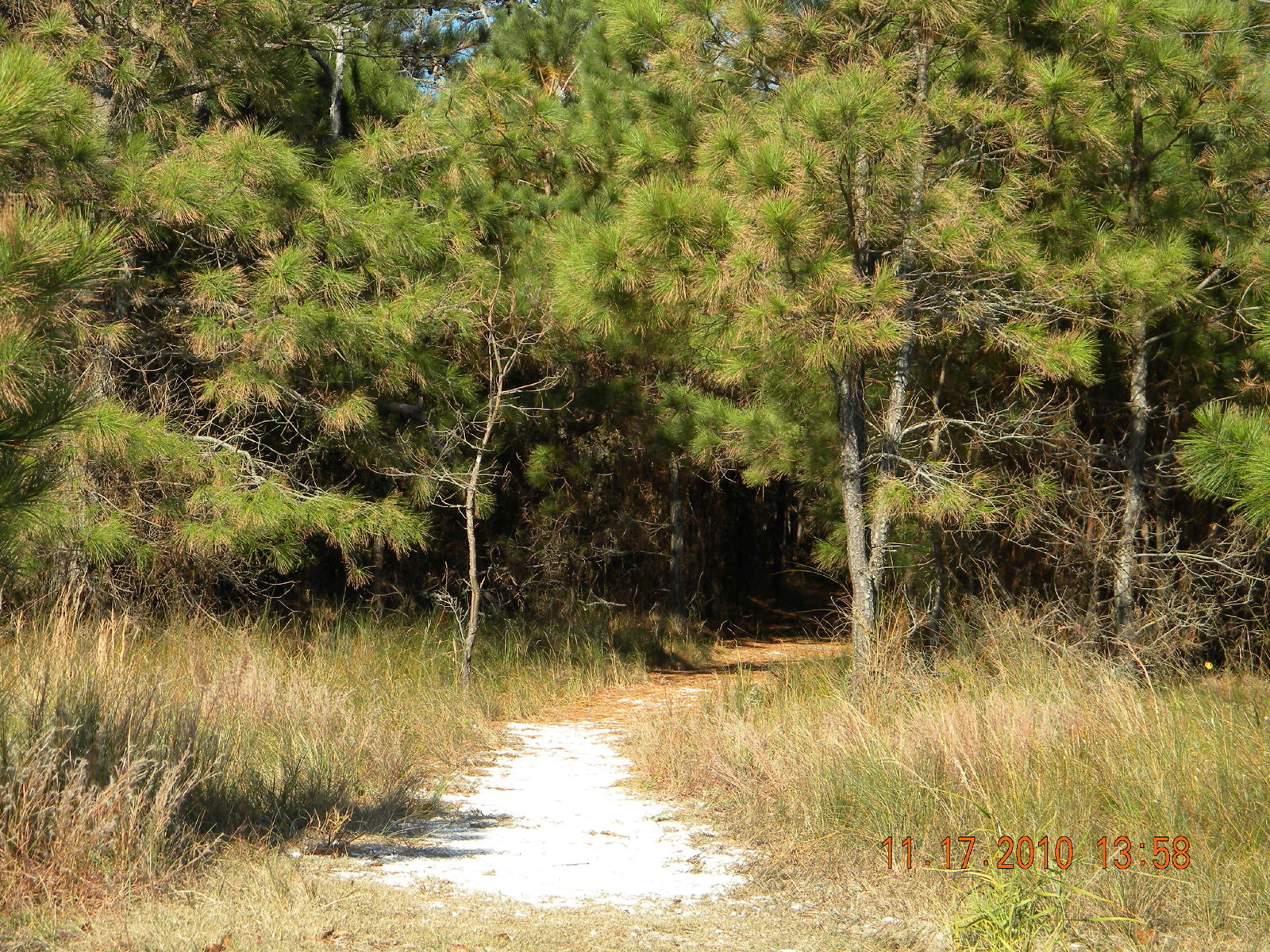


The Fear of Writing Badly
I have heard many writers say that part of writer’s block may be the subconscious fear of writing poorly. Of turning out dreck. And this is also the reason some people never start writing in the first place—if it’s not going to come out perfectly the first time, it’s too much work.
I can honestly say I have never been plagued by this particular writing demon (which is rather shocking given the plethora of anxieties I DO have). My key to freedom is twofold:
1) I cannot help but write poorly.
2) Anything I write can be fixed.
Number one is important because nothing we write will ever be perfect. There are some days the writing flows, but then there are the days when every word is a struggle and what comes out is utter blech. It is unavoidable that you will write poorly sometimes. Worrying about it is rather like worrying that the sun might come up in the morning. It’s going to happen no matter what you do.
And that’s okay.
Did you hear me? It’s okay to write crap. We all do it. And why is it okay? Because of statement number two: Anything I write can be fixed.
I am learning and growing as a writer all the time, but there are still things I need to work on. There are still facets of the writing craft I don’t fully understand. And much of my poor writing comes from these gaps in my continuing education. I make mistakes I don’t know I’m making, or even mistakes I know I am making but do not know how to fix.
Sometimes I learn what I need to know and can fix the poor writing myself. More often I need crit partners or editors to point out to me just what went wrong with the writing. By the time I have finished taking all of the feedback from my readers, crit partners, and editors and put it into practice, a wonderful thing occurs: My poor writing improves! And the more I work—the more I learn—the more it improves!
So don’t let fear of writing poorly hold you back. Write. Write well, write poorly, but just write. Because once the words are on the page, even the worst writing can be fixed. But if the words stay in your head, you can’t improve them. You can’t learn from them. You can’t transcend them.
Don’t fear bad writing—embrace it as a necessary step toward excellence.
Bad writing is never a failure—unless you don’t learn from it.